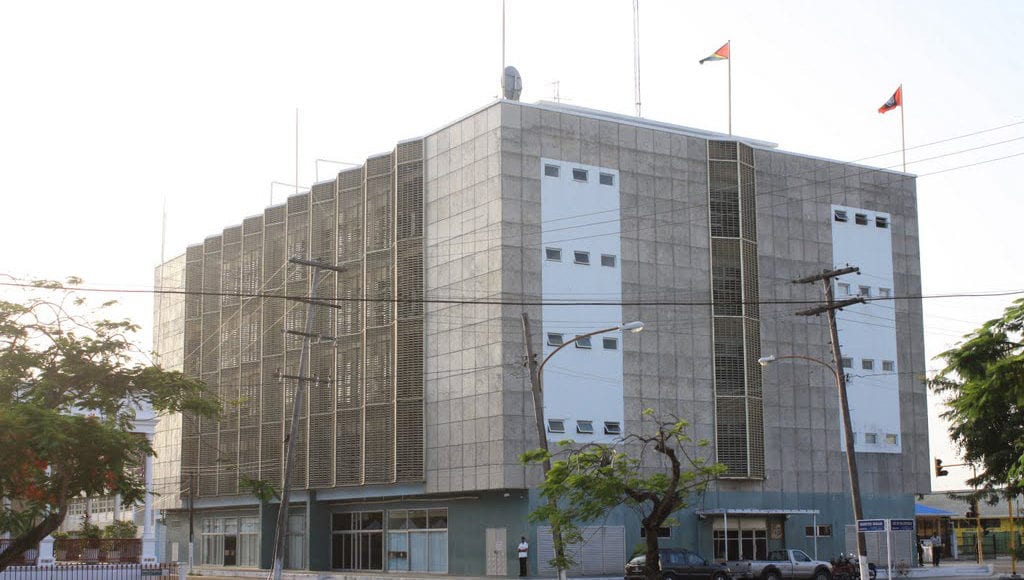As Guyana’s oil sector continues to give rise to a multiplicity of business opportunities, the Inter-American Development Bank (IDB) recently asserted that there are several hurdles authorities must address to ensure citizens are able to effectively leapfrog to these avenues for success. According to its May 16, 2023 report, the top six obstacles it said authorities should address with alacrity include electricity, skilled labour, interest rates on loans, and customs and trade regulations.
These barriers were selected following a review of high-level data from a 2020 Firm Performance and Gender (IFPG) Survey which collected private sector information from 13 Caribbean countries. In Guyana, 155 business owners were interviewed.
Experts Explore the Investment Climate in Guyana | OilNOW
In the current context of a growing economy, the IDB report states that there are significant opportunities for private sector growth, not only because of the positive spillovers from the oil and gas industry but also from higher levels of government spending on infrastructure. It states that sectors such as construction, transportation, logistics, hospitality, technology, and other business services all stand to gain significantly. The institution stressed however that it is critical for Guyana to have a business climate that facilitates these growing opportunities.
It said addressing key obstacles such as electricity, tax rates, skilled labour, collateral requirements for loans, interest rates on loans, and customs and trade regulations would help tremendously in creating that needed environment.
While concrete policy decisions are yet to be made on many of the foregoing issues, the report does acknowledge the efforts being made by Guyanese authorities to address electricity woes through the Gas-to-Energy Project. It also notes other transformative renewable energy projects outlined in the country’s Low Carbon Development Strategy 2030 (LCDS).
Guyana’s Gas-to-Energy Project: Your Questions Answered | OilNOW
The financial institution also underscored the importance of addressing the foregoing issues as it highlighted the accelerated pace of revenue growth and expenditure for the country.
In 2022, the IDB noted that growth for Gross Domestic Product (GDP) reached the highest rate ever of 62.3%, while the non-oil economy expanded by 11.5%. It said GDP is expected to grow by 37.2% in 2023 while the non-oil economy is projected to grow by 7.9%.
With two more production vessels expected to come online in 2023 and 2025 to work alongside the Liza Destiny and Liza Unity vessels, the International Monetary Fund (IMF) increased its annual average GDP growth estimates for the country from 18.5% to 40.0% for 2022–2026.
Government revenues and expenditures are also expected to follow a similar trend, averaging annual growth rates of 23% and 15%, respectively, over the same period.



